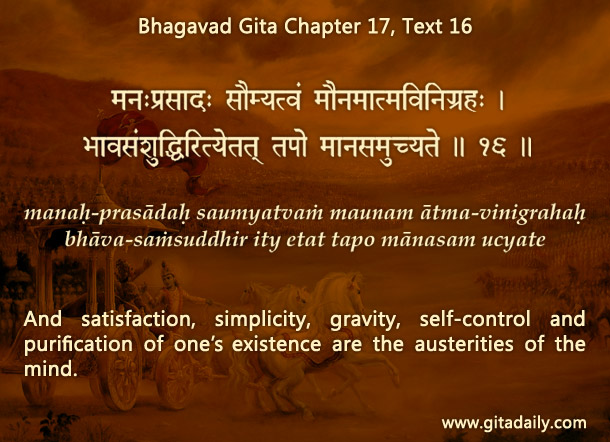We all know the importance of cultivating gratitude. And we all have in our life at least some good things that we should feel grateful for. Yet, we may just not feel grateful. This lack of gratitude may make us feel bad about ourselves. And that self-disapproval may degenerate to self-loathing if others reproach us for being such an ingrate. Thus, we may end up feeling dreadful about ourselves for not feeling grateful.
This negative emotion of self-condemnation will take us further away from gratitude, which is essentially a positive emotion. Over time, we may end up increasingly entrapped in a vicious cycle of ingratitude and self-flagellation.
How can we break free from this cycle? By remembering that negative emotion can’t kindle positive emotion; we need to begin with some positive emotion. If we obsess over the things that we should feel grateful for but don’t, that will only kindle negative emotion. Instead, if we focus on the things we do feel grateful for, that will kindle positive emotion. What if these things are less valuable than the things we don’t presently feel grateful about? Doesn’t matter too much — at this stage, we don’t have to equate the magnitude of our gratitude with the value of the things for which we feel grateful; we just need to start opening ourselves to the emotion of gratitude.
When we thus regularly experience the positivity of gratitude, we will become increasingly inclined to that experience, even habituated to it. Over time, we will start feeling more and more grateful. Prompting us toward such conscientious cultivation, the Bhagavad-gita (17.16) recommends cheerfulness, which comes from looking at the good in our life, as a healthy mental discipline.
One-sentence summary:
We can’t cultivate gratitude by feeling dreadful about not feeling grateful — focus on the things we feel grateful for, not the things we don’t feel grateful for.
Think it over:
- How might the attempt to feel grateful entrap us in a vicious cycle?
- Why is the emotion of gratitude more important than the thing we feel grateful for?
- List three things that you naturally feel grateful for — don’t include anything that you should feel grateful for.
***
17.16: And satisfaction, simplicity, gravity, self-control and purification of one’s existence are the austerities of the mind.
To know more about this verse, please click on the image


most people forgot the word ‘GRATITUDE’